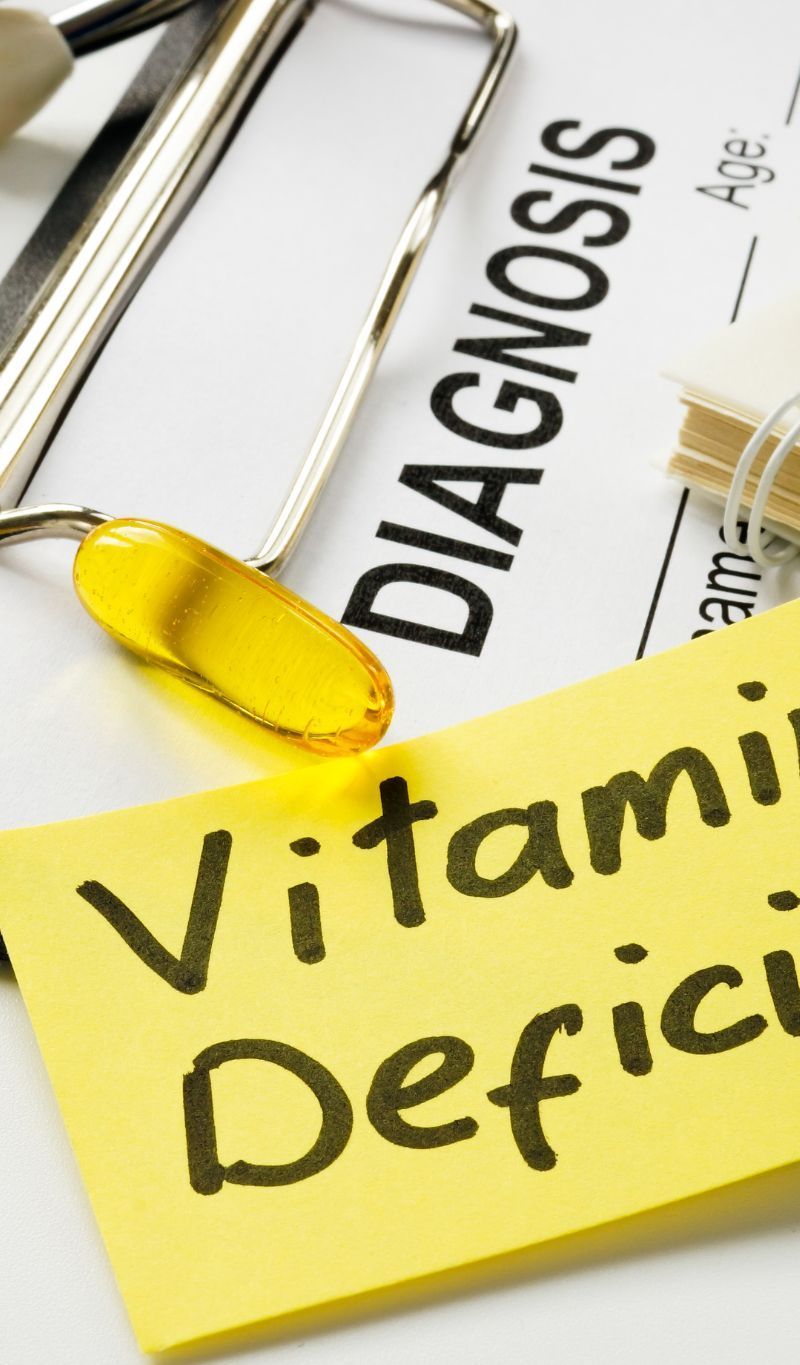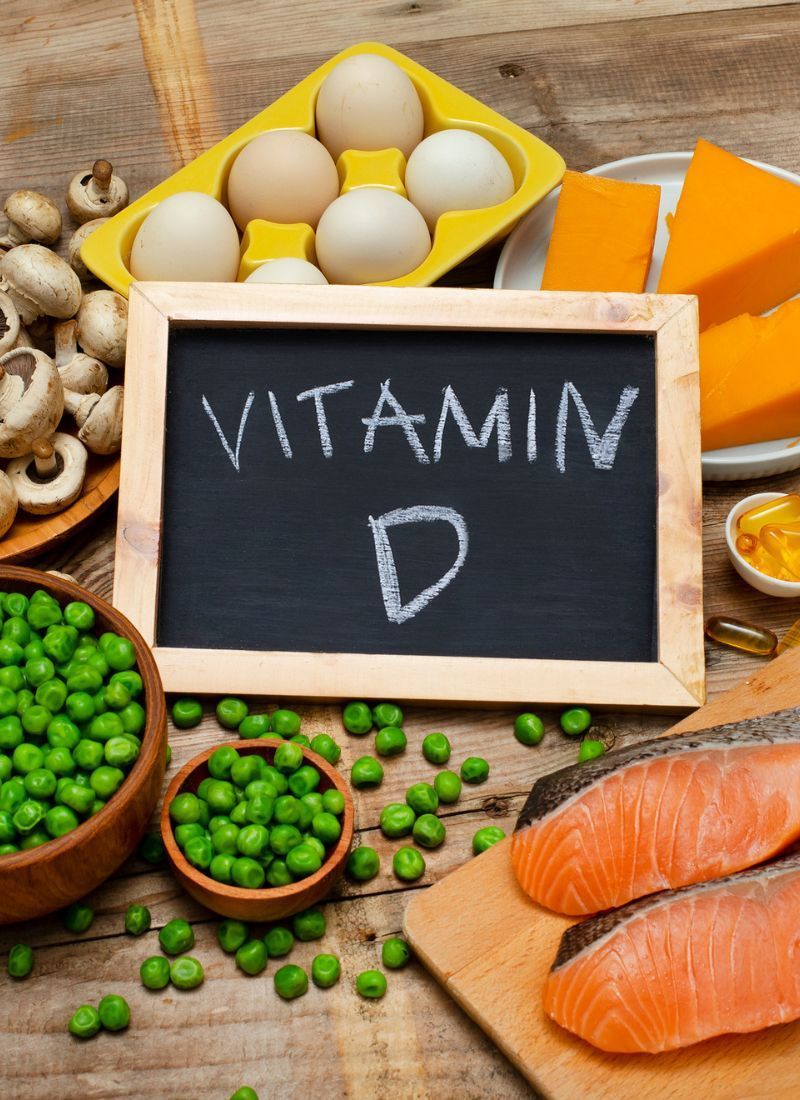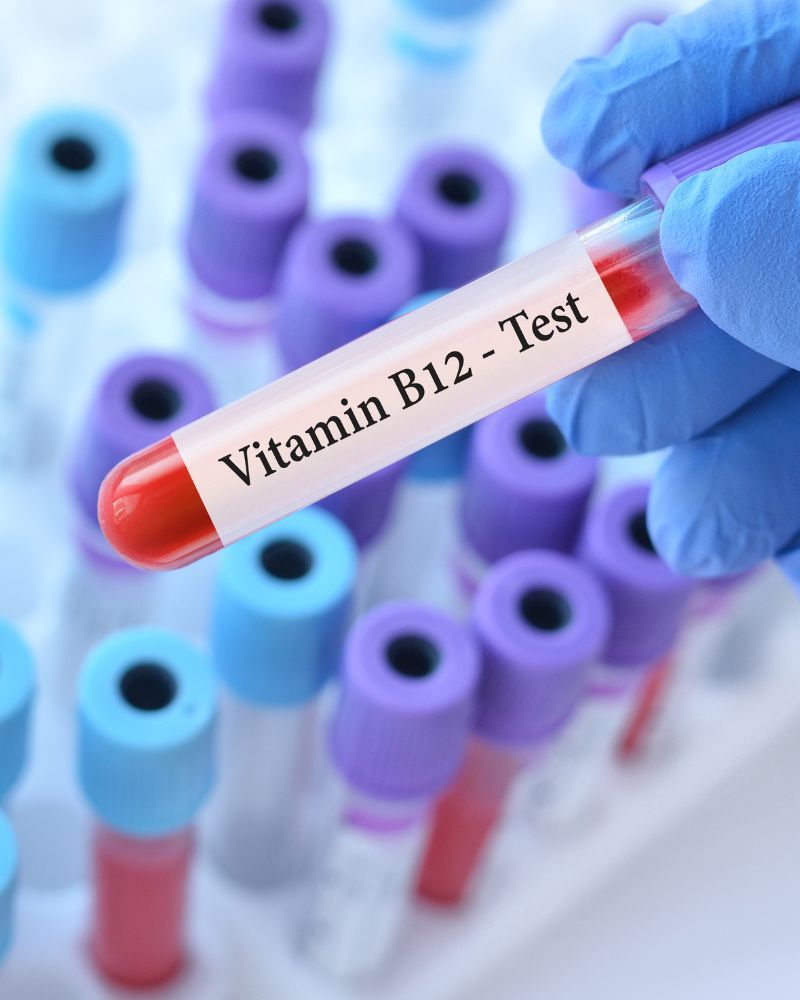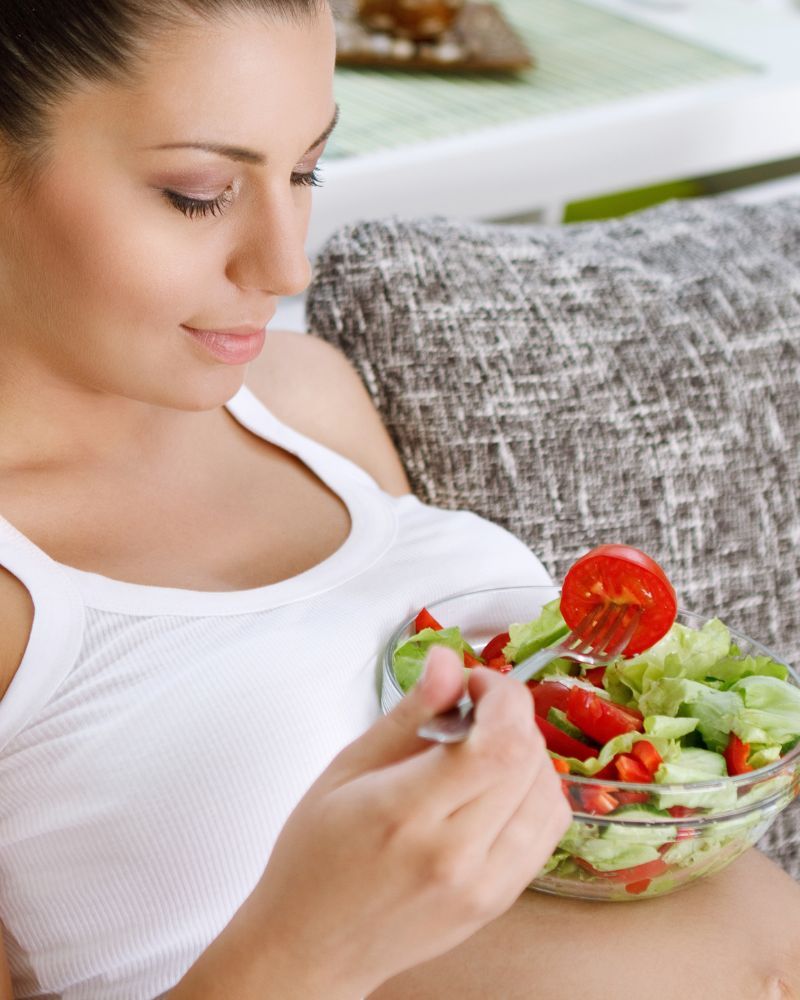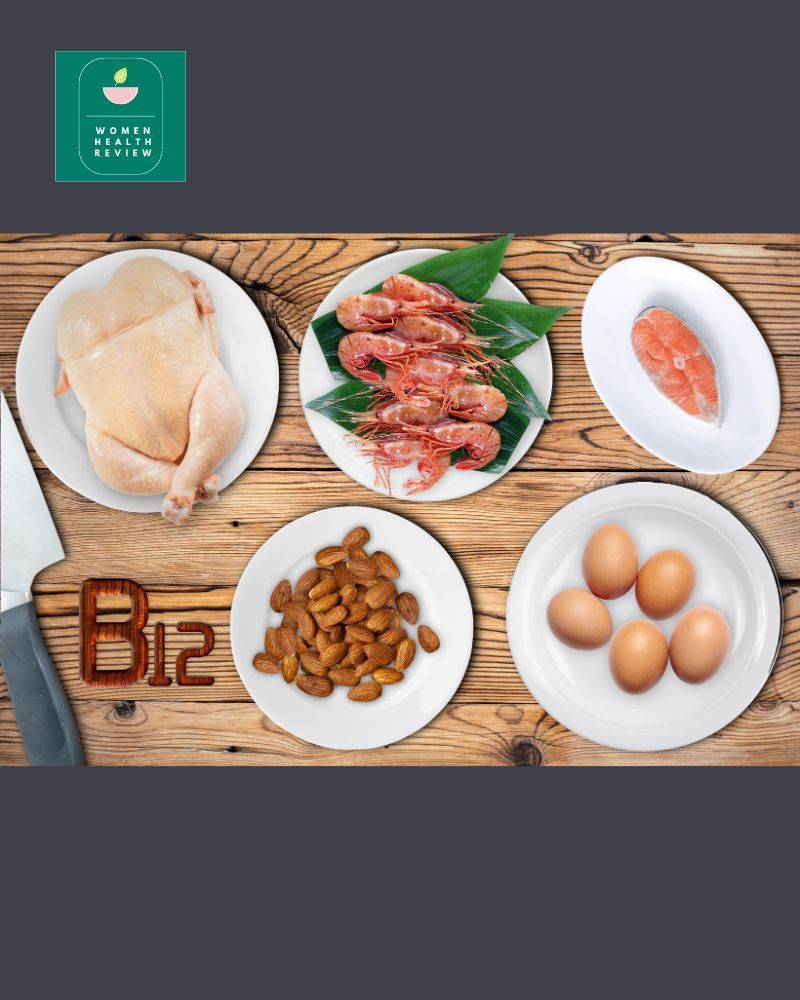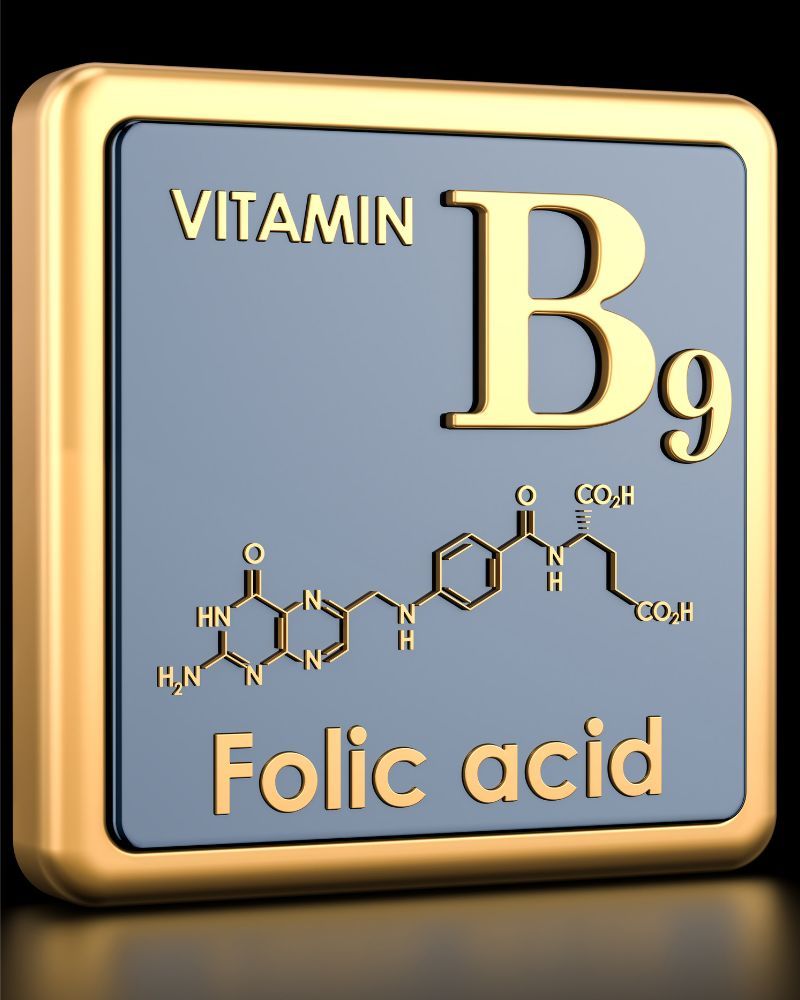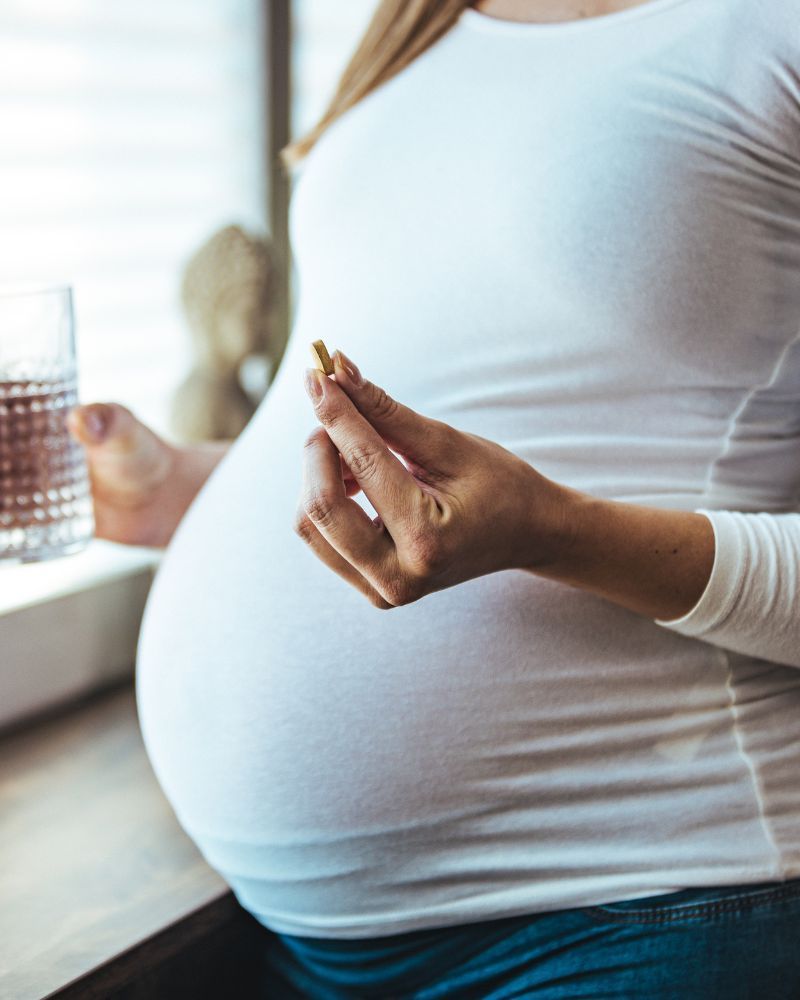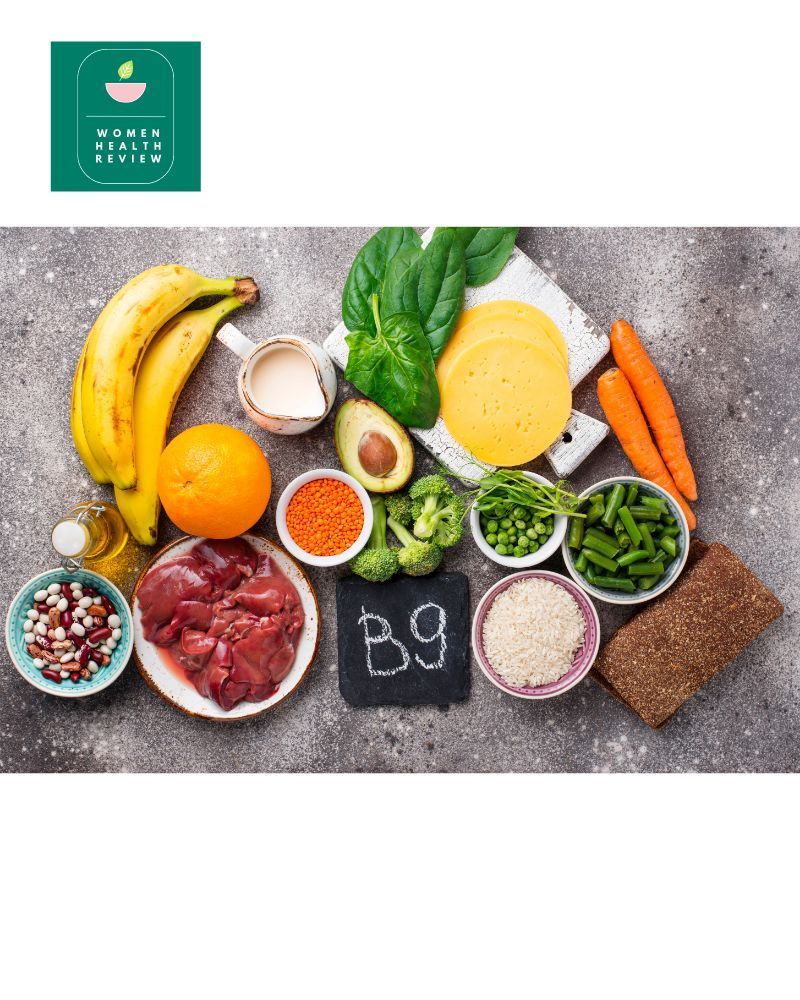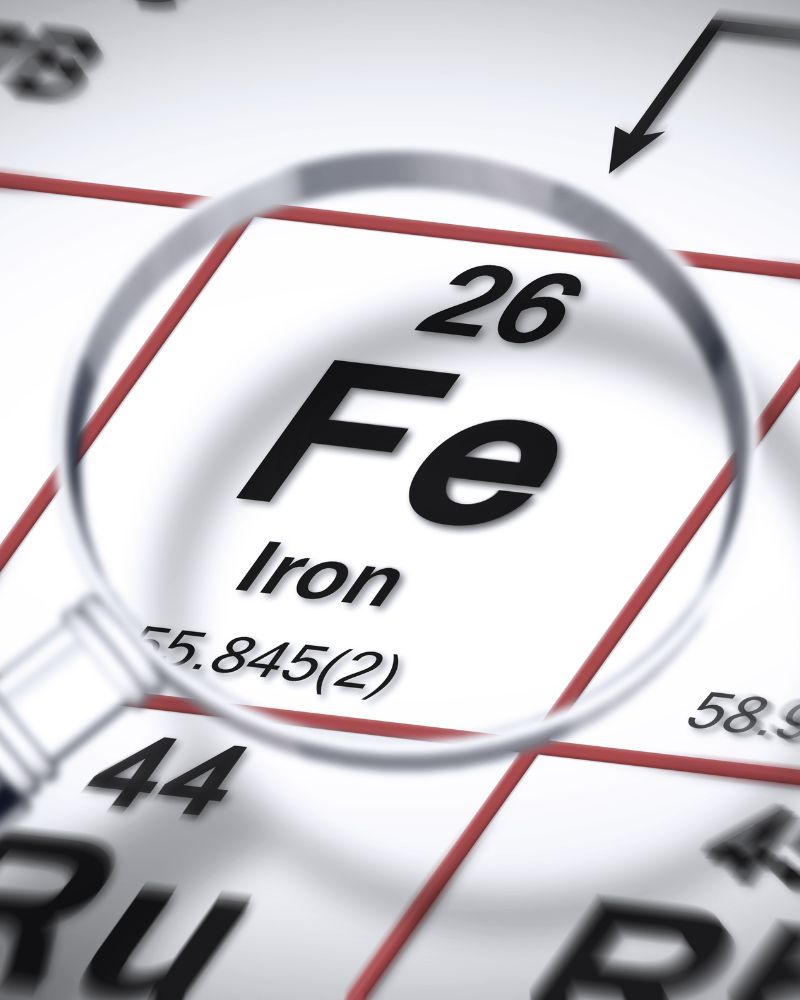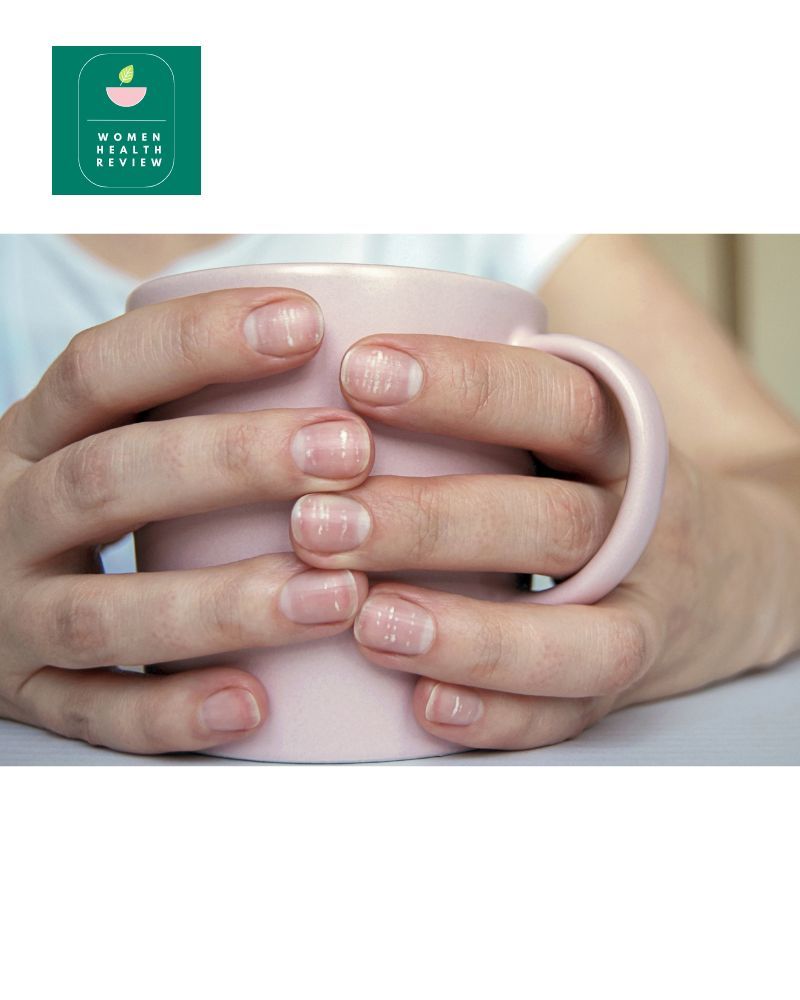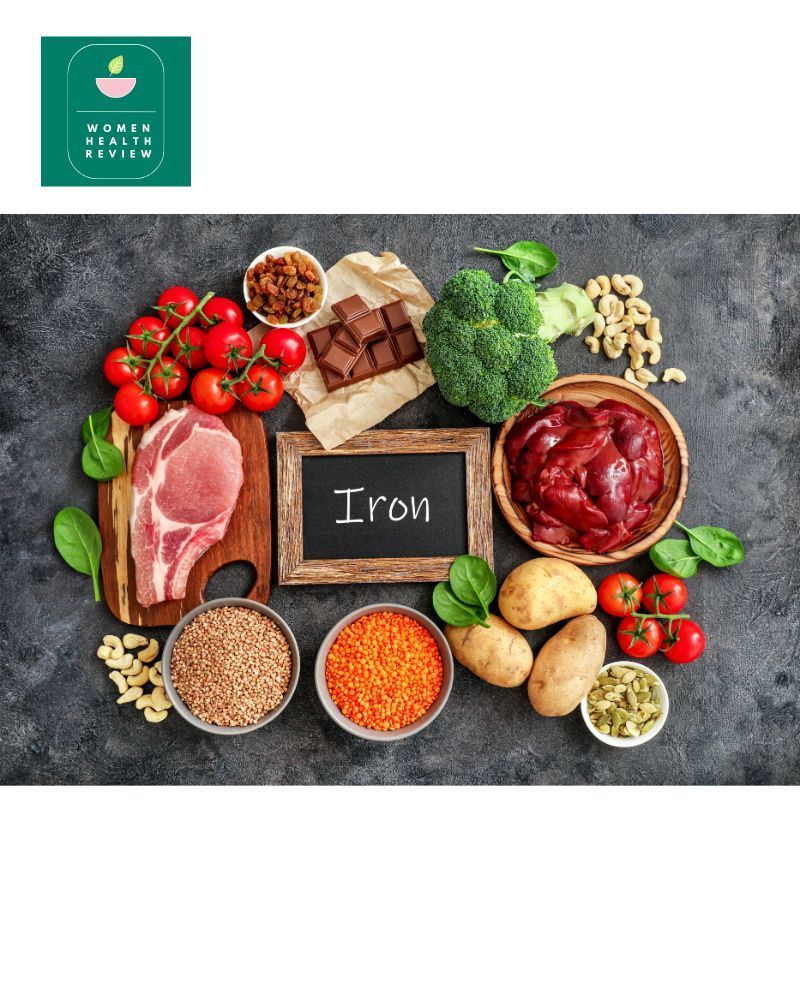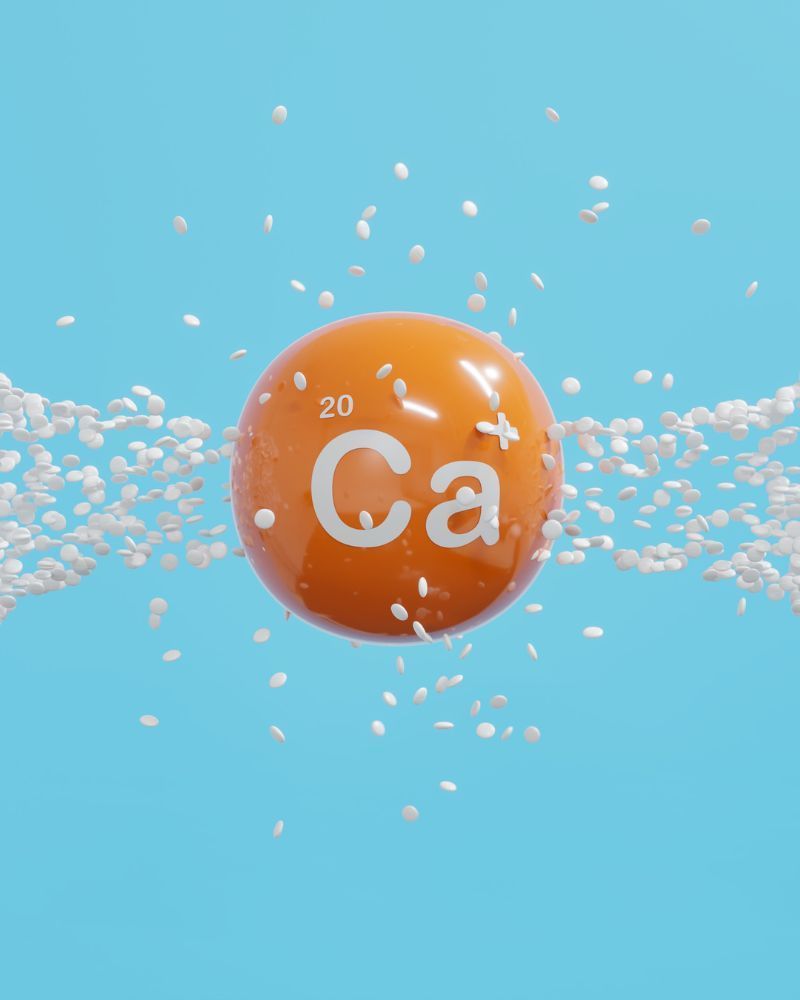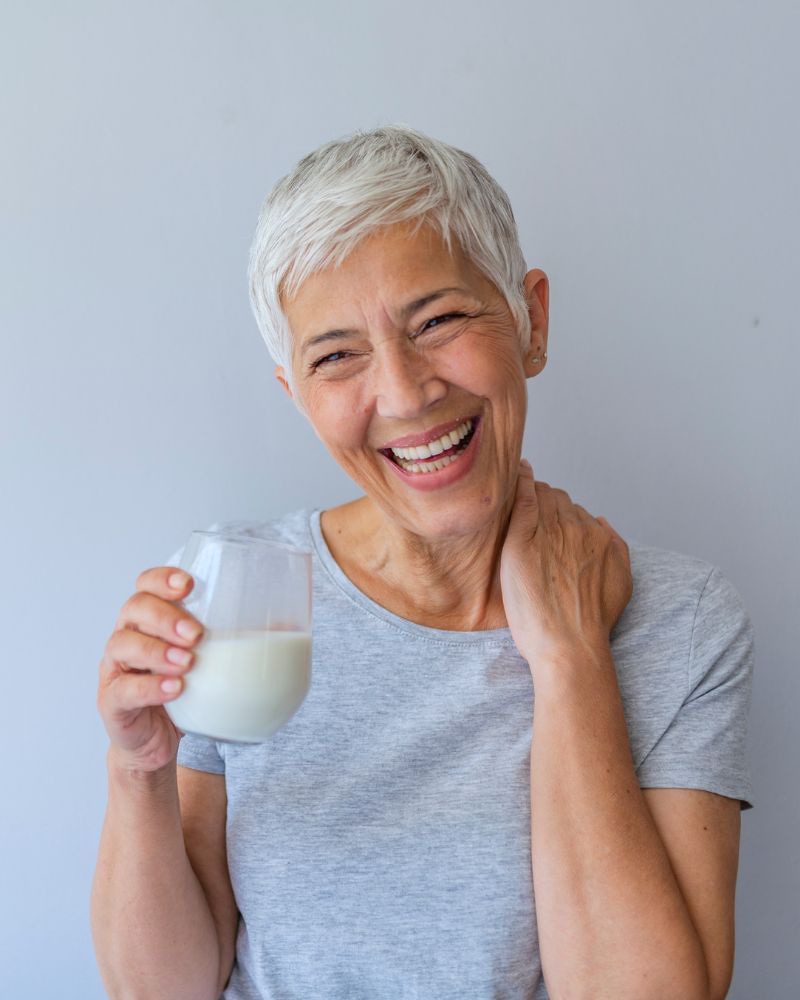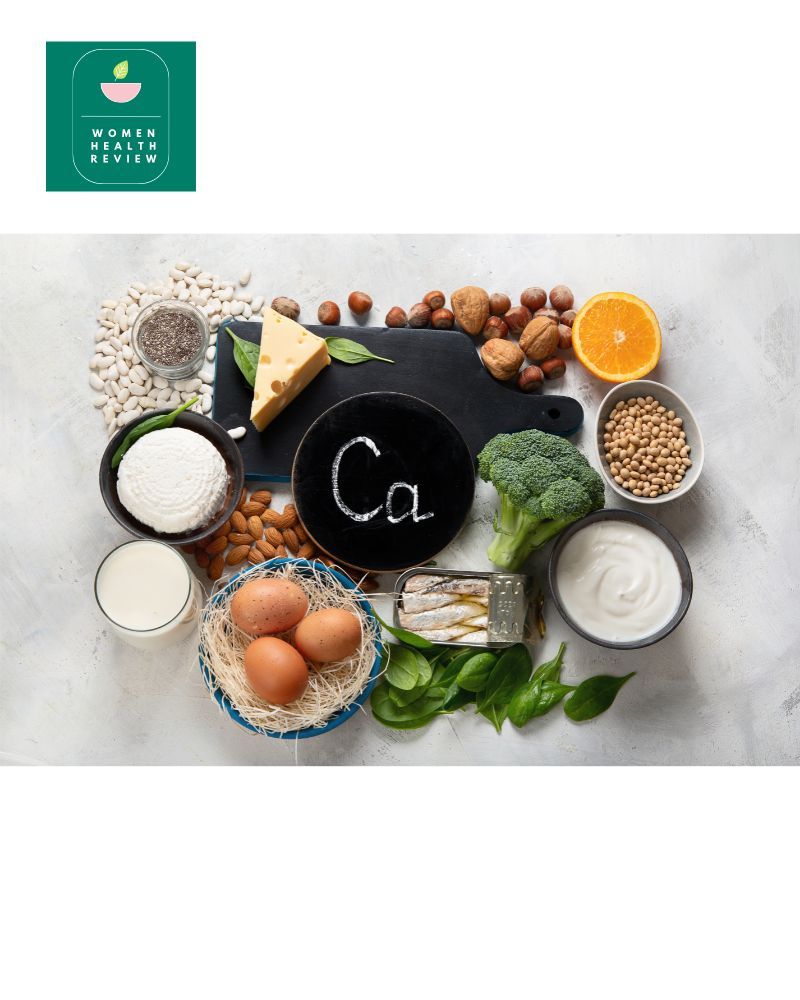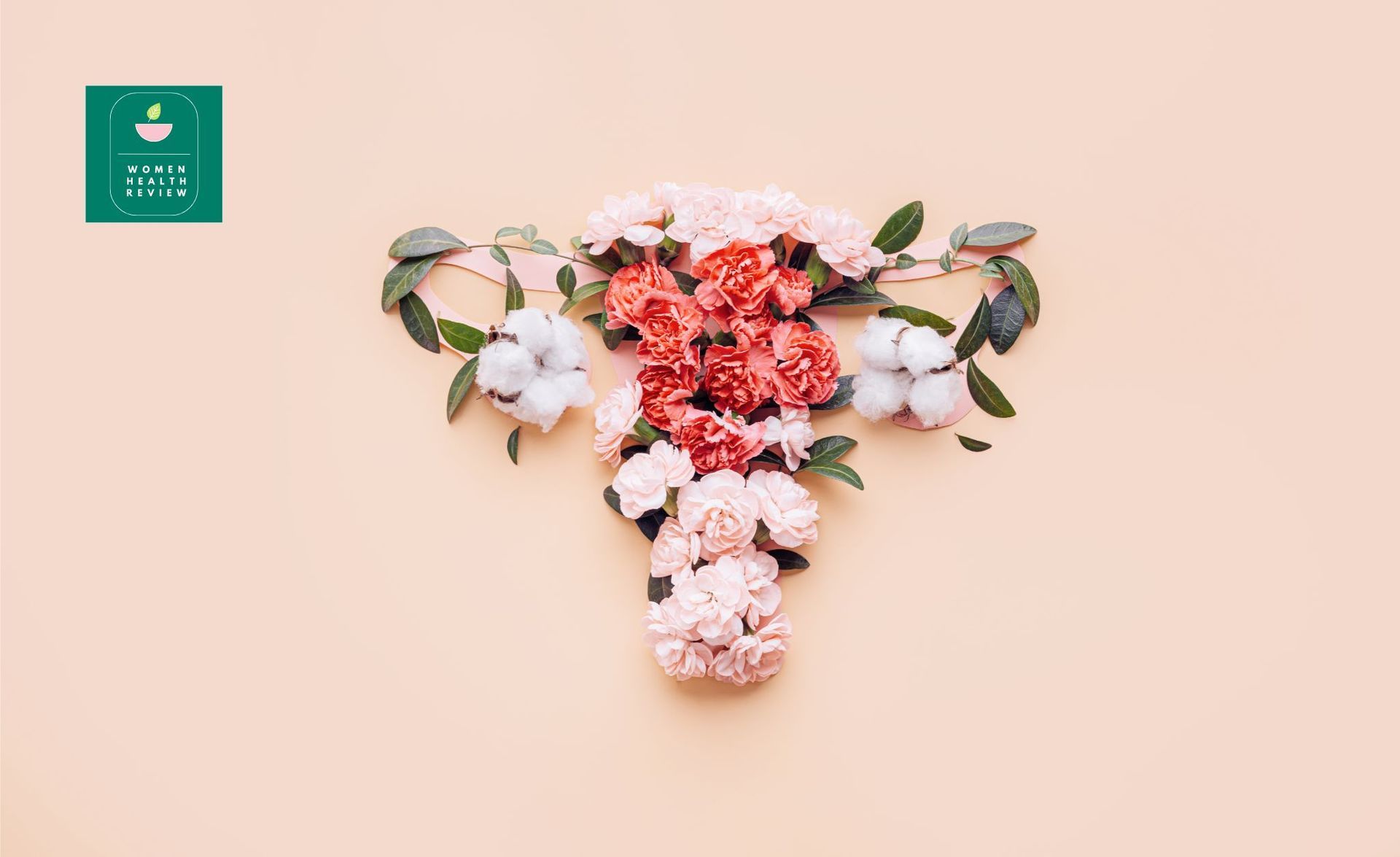Women's Unique Vitamin and Mineral Requirements
Hi, my friends,
Senior Editor Madonna Leon here at WHR. As a mother of three, I am writing about issues related to vitamins, nutrition, and balanced diets.
Every vitamin and mineral is essential for optimal health. Vitamins and minerals frequently function in tandem in the body. It is optimal to obtain vitamins and minerals from a wide variety of foods from all food categories. Create a nutritious plate by including fruits, vegetables, dairy, grains, and a variety of protein foods.
We need to nourish our bodies with vitamins and minerals, especially as women. Each vitamin and mineral helps our bodies in different ways and is necessary for optimal health. Because of the unique ways in which our bodies work, women require higher amounts of certain nutrients than men do.
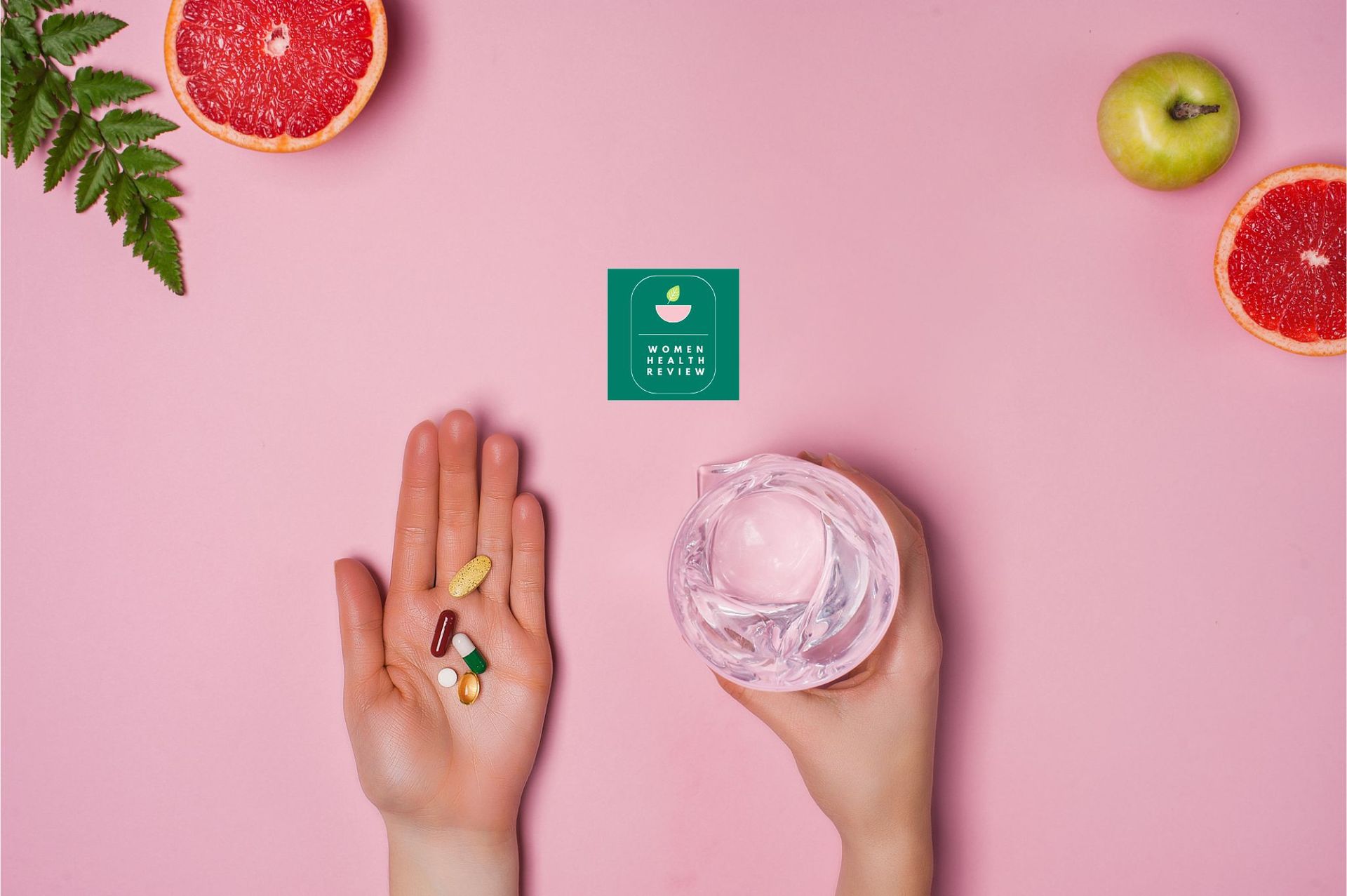
Agenda
- What vitamins are especially critical for women?
- What minerals are especially critical for women?
- When should I take a vitamin or mineral supplement?
What vitamins are especially critical for women?
In general, there are three vitamins that women should prioritize based on different circumstances.
1. Vitamin D
2. Vitamin B12
3. Vitamin B9 (also known as folic acid or folate)
What minerals are especially critical for women?
Basically, there are two minerals that women should prioritize.
1. Iron
2. Calcium
When should I take a vitamin or mineral supplement?
A well-balanced diet should supply you with all the vitamins and minerals your body requires. However, supplements may be necessary for the following five categories of women:
1. Vegetarians: Some vitamins are more readily available in animal food than in plant ones. Vitamin B12, for instance, is only present in animal products (such eggs and dairy) and nowhere in plants. Vitamins B2 (riboflavin), B12, and D may be difficult for vegans to receive through food alone.
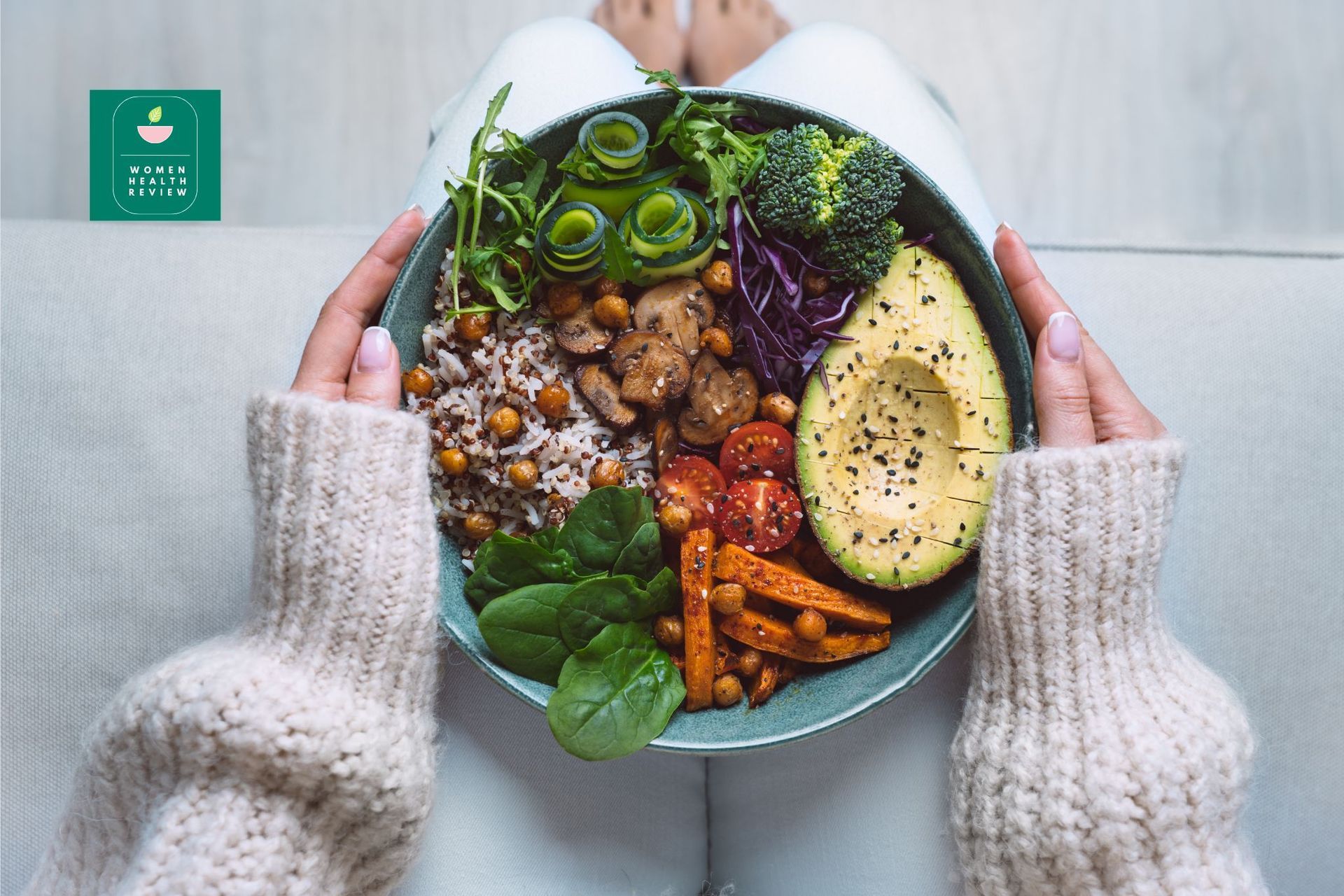
2. Women past menopause: Hormonal shifts after menopause cause women to lose bone density more rapidly than males. Calcium and vitamin D are two nutrients that many women do not receive enough of. Osteoporosis can be avoided with the help of calcium, vitamin D, and weight-bearing activity. The accompanying data suggests that women may also want vitamin B12 supplements.

3. Pregnant or potentially pregnant women: Taking a supplement is the best way to make sure you get enough folic acid every day to reduce your risk of developing neural tube defects like spina bifida. Make sure the supplement you're considering includes 400 micrograms (mcg) of folic acid or more by checking the label.

4. Women who struggle to maintain a healthy diet because of a busy lifestyle: It's not always easy to fit healthy food preparation into a busy schedule that includes work, family, and other commitments. The typical American diet is rich in calories, sugar, sodium, and harmful fats, but eating out and depending on convenience foods can change that.

5. Women who are prone to emotional eating: Comfort foods heavy in sugar, salt, and fat are often sought out in times of stress, worry, and depression. When you eat when you're feeling down or stressed out, it can set off a vicious cycle of overeating, guilt, and humiliation.
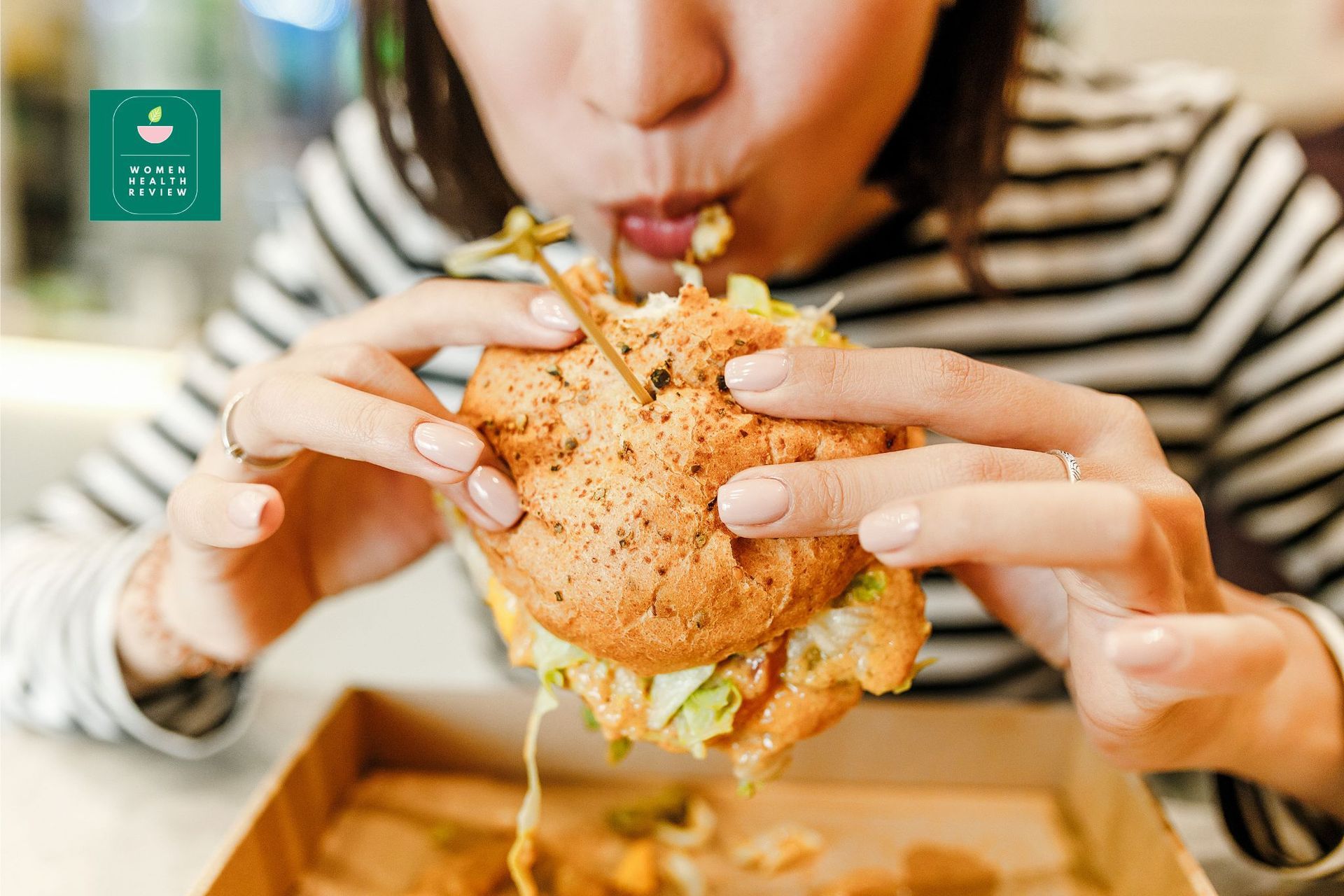
Okay, I think we've covered everything for now. I'll see you all soon, my dear buddies.
We wish you a pleasant reading experience. If you sign up for our newsletter, we'll make sure to keep you updated on any new developments in the realm of women's health.
Yours,
Madonna

